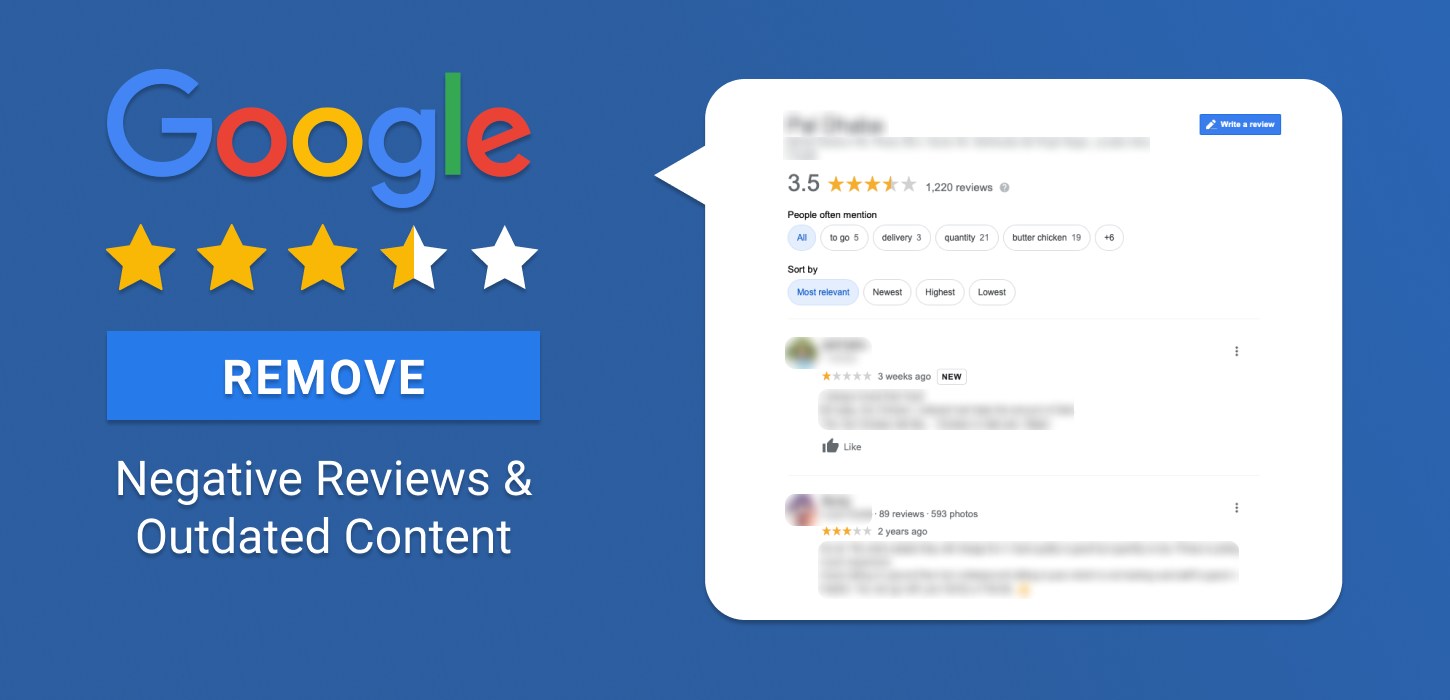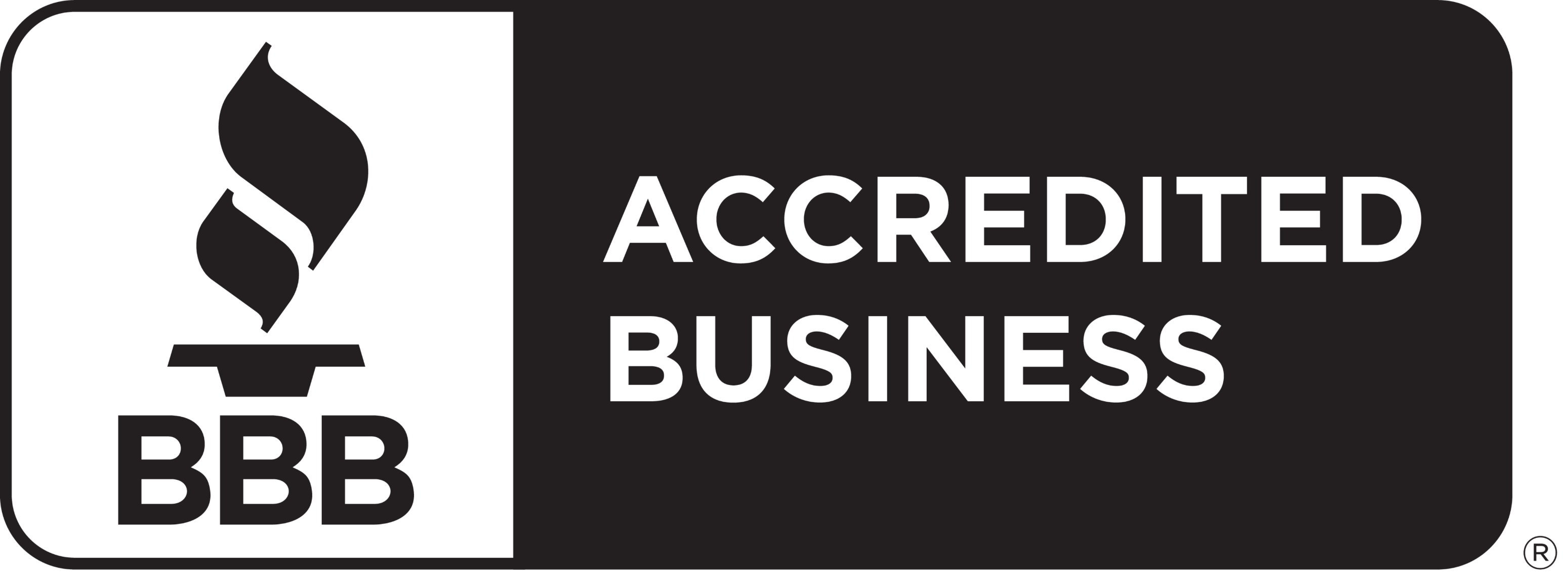There are a multitude of reasons why any business owner, lawyer, doctor or an individual may need to delete content–a bad review, unwanted personal information, or a false statement. When something is impacting us negatively, the need to take it down becomes pressing. Fortunately, as difficult as it may seem at first glance, there are numerous choices when it comes to online content removal strategies. Some may involve directly contacting the source, while others relate to suppressing information on the search engine, or even seeking professional help or online content removal services. The key in all of these, is to be persistent, patient, and try different strategies. One of them is surely bound to wipe online content that you seek to remove.

Here Are the Best Online Content Removal Strategies To Try:
Requesting the Author to Take Down or Alter the Content
The easiest way to wipe unwanted content is to simply write a formal request to the author of the content, stating why you want the content removed. If they do not agree to it or in cases where outright removal is difficult, politely request them to alter the specific part which you want removed. When it comes to communicating the request, it is best to be straightforward and respectful in your approach.
Asking the Webmaster to Remove the Content
If the site is a large publication or forum being proctored by a moderator or webmaster, you may wish to write to them with a request to take down the content. You can also send an editorial request – a good online content removal strategy for media websites, new outlets and blogs that have factual, non-defamatory content. Apart from removing the information, you can also request them to de-index it, so as to hide the content on search engines.
Search Engine Methods
As mentioned in the above point, even if the content cannot be deleted directly, there are ways to make it invisible by reducing its ranking on search engines. By adding a ‘no index’ tag to the HTML header on the page, the content will no longer show on search engines, but will still be available to readers who manually find it on the webpage. A simple request to the author or webmaster can help achieve this. Another way is to change the words of the content in order to remove the search phrase. By removing the needful keywords, the article will no longer be relevant to search engines and with the page visibility dropping greatly, you will ultimately remove negative content from search results.
Suppressing the Unwanted Content
Another good online content removal strategy to follow if it is impossible to remove is to suppress it with desirable content. In fact, it’s said that suppression is actually promotion more than anything else. In short, it refers to burying your negative content under positive content by making the latter rank higher. With the help of this technique, the content you wish the audience sees will outweigh any negative content that cannot be deleted.
Notifying Search Engines of Any Legal Infractions
If you believe any of the content you want removed is infringing any laws (copyright infringement is a common one), go to this page, pick “Web Search,” and follow the instructions from there. In general, content will be removed from Google and other websites if it falls into one of the following categories:
– Threats of violence against others
– Infringement of copyright or trademarks
– Court-ordered removal
– Cyberbullying
– Child pornography
– Child exploitation
– Obscenity
– Impersonation or exploitation of other’s identity
– Malware/viruses
– Spam
– Confidential data
– Otherwise prohibited content

Deleting Personal Data
It’s not simple, but it is possible to erase the majority of your personal information from the internet. If you’re determined to wipe online content from the platforms, this is how you can achieve it.
- Remove yourself from social media
Because your social media presence has the most impact on your internet footprint, this is where you should begin. It is essential to delete your accounts rather than simply log out or stop using them.
- Remove your online shopping accounts
Every website where you’ve made a purchase retains a record and profile of you, so you should go to each one, such as Amazon, Best Buy, eBay, and wherever else you’ve formed an account, and request that to be deleted.
- Deactivate your email accounts
You’ll want to keep this one for last because you may need email to communicate with websites you’re attempting to unsubscribe from. However, if you actually want to eliminate your online presence, you’ll also need to deactivate and delete your email accounts.
We Value Reputation,
Let’s Rebuild Yours.
A High Reputation Comes With a Cost, Put Value on It.
Hiring an Online Reputation Management (ORM) Company
If your online reputation is in need of professional help, hiring a business that specializes in online content removal services could be the answer.
Online reputation management agencies can help remove online content from search results and help your company with brand reputation management.
Almost everything on the internet can be removed by a professional online reputation management company, including: consumer reviews and complaints, news articles, blogs, websites, discussion forums, videos, pictures, and criminal records. You want a business that will try to reduce reputation risks as much as possible while still providing you with realistic expectations about your chances of success.
Sending a Cease and Desist Letter
A cease and desist letter is a demand to someone or something that they stop their potentially illegal or injurious activities and not repeat it again. A lawsuit will be filed if the party does not cease (take down the infringing material about you) and desist (stop posting further detrimental material about you) within a certain amount of time. If you know who the offender is, a well-written cease and desist letter might be a potent tool.
Getting a Lawyer
If the content you want removed is something harmful that was stated about you or your company, you will often be unable to do that unless you have legal paperwork to back up your accusations. According to the existing internet law, hosting firms and websites are not required to remove potentially defamatory content unless a judge determines that the content is genuinely false and harmful to you.

Defamation Requires Four Elements:
- The reputation of the individual being discussed must be in risk.
- A false declaration of fact, not point of view.
- That it is publicly published to at least one other person.
- If the defamatory content is of public concern, the publisher’s fault must amount to at least negligence.
In today’s digital world, a bad online reputation can have a negative impact on your job, personal life, and even financial prospects. When you come across unfavourable or damaging content about yourself or your company on the internet, you want it deleted as soon as possible. We hope the online content removal strategies we provided would be useful for you in your quest to delete content from the internet.
Wondering How to Remove Negative Content About Your Business Online?
Don’t Worry. We Are Here to Help and Guide You in Every Step of the Process.














Comments are closed.